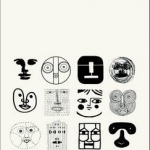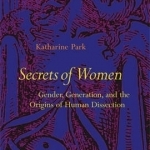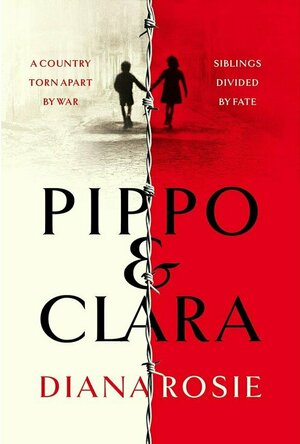
9 Clues: The Ward HD (Full)
Games and Entertainment
App
70 % OFF - LIMITED TIME OFFER! Don’t miss out! Plunge into the creepiest edition yet in the...

Supermarket Management 2 HD
Games and Entertainment
App
Have you played the prequel to this fascinating game? Don’t miss Supermarket Management - on iPad...

TextExtractor Scanner - Scan PDF and Extract Text as Word Documents
Business and Productivity
App
Text Extractor turns your device into an offline mobile scanner and text extractor. A one-step way...

Doc Scanner + OCR: PDF scanner to scan document, receipt, photo
Business
App
Doc Scanner turns your iPhone, iPad into a portable scanner for documents, receipts, notes,...

Wind & Sea HR for iPad
Weather and Navigation
App
Wind & Sea Med is the APP that allows you to always have the famous LAMMA weather forecasts for sea...

Design as Art
Book
One of the last surviving members of the futurist generation, Bruno Munari's Design as Art is an...

Raw Food Detox for Health and Vitality: Includes an Energising 5-Day Plan to Kick Start a Healthier You
Book
Discover the energizing power of raw food: revitalize and rejuvenate with more than 70 inspiring...

Secrets of Women: Gender, Generation, and the Origins of Human Dissection
Book
Toward the end of the Middle Ages, medical writers and philosophers began to devote increasing...
ClareR (6054 KP) rated Pippo and Clara in Books
Apr 16, 2021
Pippo and Clara arrive in the city with their mother after their Romany father is murdered. One morning their mother gets up early to buy food and doesn’t return. Clara goes to look for her, turning right at the entrance to their building; later Pippo awakens and goes to look for his mother and Clara, turning left at the entrance. This change in direction means the children don’t see one another for a long time.
Luckily, they are each adopted into families (unofficially) who love and care for them - Clara’s family are Fascists, Pippo’s are Communists.
This was such an emotional story. It wasn’t just what happened to these children, it was the bigger picture as well. When the inevitable happens and the Germans occupy Italy, Jews are rounded up and taken away, people fear for their freedom and their lives.
It was fascinating to read about the Freedom Fighters (Partisans) and their acts of espionage, as well as how they fought back. This included even those who had been fascists under Mussolini’s regime.
There’s so much to talk about in this book (perfect for a book club, I should think!), but I won’t spoil it. Needless to say, I really enjoyed it and was thoroughly heartbroken by the end. Any book about war is going to have tragic elements, but this is about hope as well, and the fact that good can, and did, overcome evil.
Another recommendation for the historical fiction fans. It’s a fabulous novel.

